MINA (AP) – Masses of pilgrims on Saturday embarked on a symbolic ‘stoning of the devil’ in Saudi Arabia. The ritual marks the final days of haj pilgrimage and the start of the Aidiladha celebrations for Muslims around the world.
The stoning is among the final rites of the haj, which is one of the Five Pillars of Islam.
It came a day after more than 1.8 million pilgrims congregated on a sacred hill in Mount Arafah outside the holy city of Makkah, which Muslim pilgrims visit to perform the annual five-day rituals of haj.
The pilgrims left Mount Arafah on Saturday evening to spend their night in a nearby site known as Muzdalifa, where they collected pebbles they have used in the symbolic stoning of pillars representing the devil.
The pillars are in another sacred place in Makkah, called Mina, where Muslims believe Ibrahim’s (pbuh) faith was tested when Allah the Almighty commanded him to sacrifice his only son Ismail (pbuh).
Ibrahim (pbuh) was prepared to submit to the command, but then Allah the Almighty stayed his hand, sparing his son.
Pilgrims will spend the next three days in Mina, where they walk long distances on pedestrian-only streets toward a multi-story complex housing large pillars. There, they cast seven pebbles each at three pillars in a ritual meant to symbolise the casting away of evil and sin.
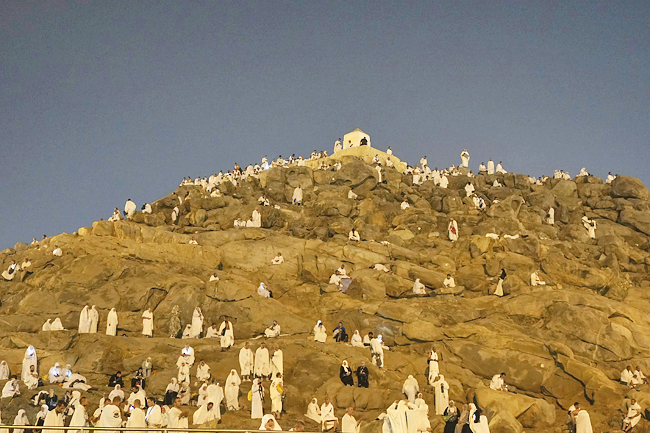
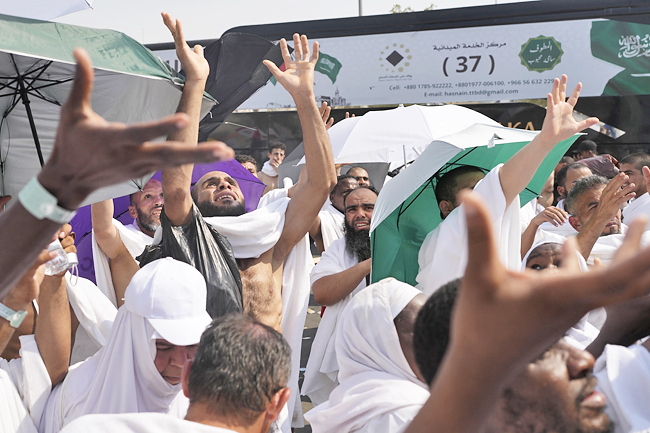
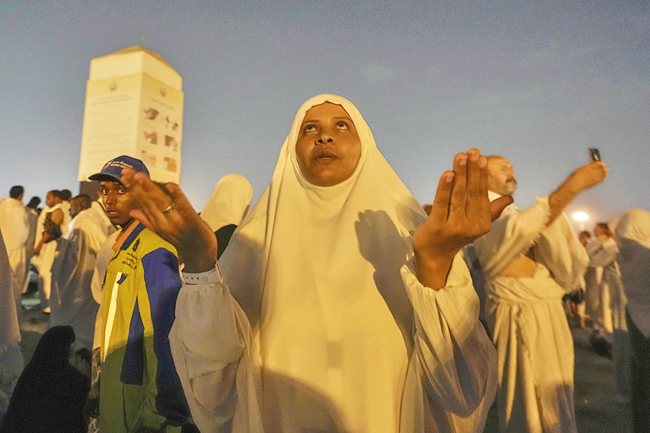
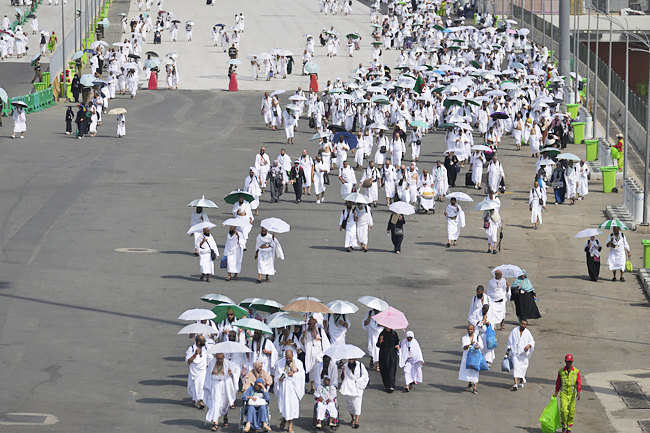
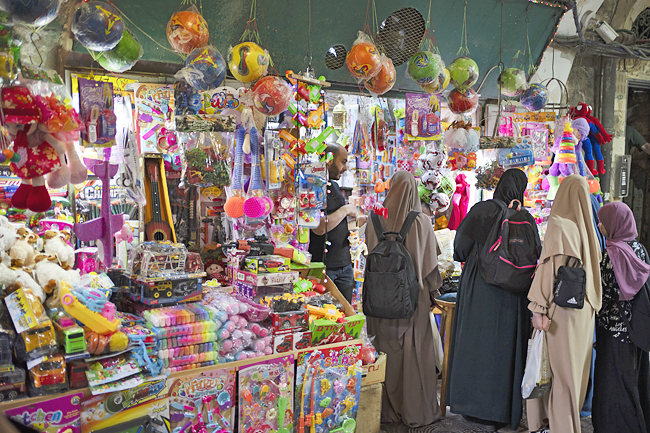
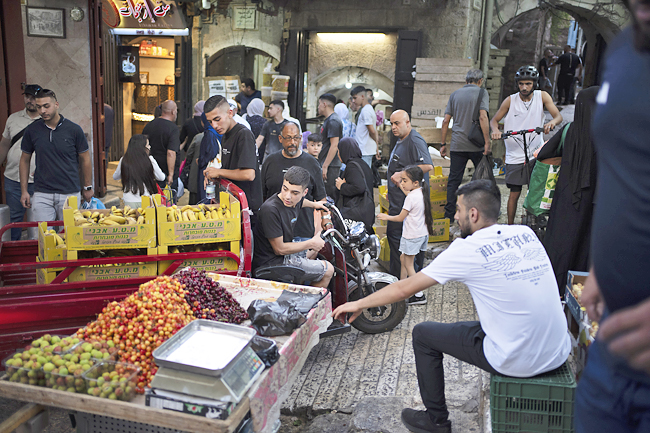
While in Mina, they will visit Makkah to perform tawaf circumambulation, which is circling the Kaabah in the Grand Mosque counterclockwise seven times. They will make another circumambulation, known as Farewell Tawaf, at the end of haj and as they prepare to leave the holy city.
The rites coincide with the four-day Aidiladha, which means “Feast of Sacrifice”, when Muslims with the financial means commentate Ibrahim’s test of faith through slaughtering livestock and animals and distributing the meat to the poor.
Once the haj is over, men are expected to shave their heads and remove the shroud-like white garments worn during the pilgrimage, and women to snip a lock of hair in a sign of renewal and rebirth.
Most of the pilgrims then leave Makkah for the city of Medinah, about 340 kilometres away, to pray in Prophet Muhammad’s (pbuh) tomb, the Sacred Chamber.
The tomb is part of the prophet’s mosque, which is one of the three holiest sites in Islam, along with the Grand Mosque in Makkah and the Al Aqsa Mosque in Jerusalem.
All Muslims are required to make the haj once in their lives if they are physically and financially able to do so. Many wealthy Muslims make the pilgrimage more than once. The rituals largely commemorate the accounts of Prophet Ibrahim (pbuh) and his son Prophet Ismail (pbuh), Ismail’s (pbuh) mother Hajar and Prophet Muhammad (pbuh), according to the Al-Quran.
More than 1.83 million Muslims performed haj in 2024, Saudi haj and umrah minister Tawfiq bin Fawzan al-Rabiah said in a briefing, slightly less than last year’s figures when 1.84 million made the rituals.
Most of the haj rituals are held outdoors with little if any shade. It is set for the second week of Zulhijjah, the last month in the Islamic lunar calendar, so its time of the year varies. And this year the pilgrimage fell in the burning summer of Saudi Arabia. The heat soared to 47 degrees Celsius at Mount Arafah on Saturday.
This year’s haj came against the backdrop of the devastating Israel-Hamas war, which has pushed the Middle East to the brink of a regional conflict.
Palestinians in the Gaza Strip weren’t able to travel to Makkah for haj this year because of the closure of the Rafah crossing in May, when Israel extended its ground offensive to the city on the border with Egypt.
And they will not be able to celebrate the Aidiladha as they used to do in previous years.
There is also the conflict between rival generals in Sudan that has raged unabated for 14 months.
The confiding killed thousands and created the world’s largest displacement crisis with over 10 million forced to flee their homes.


